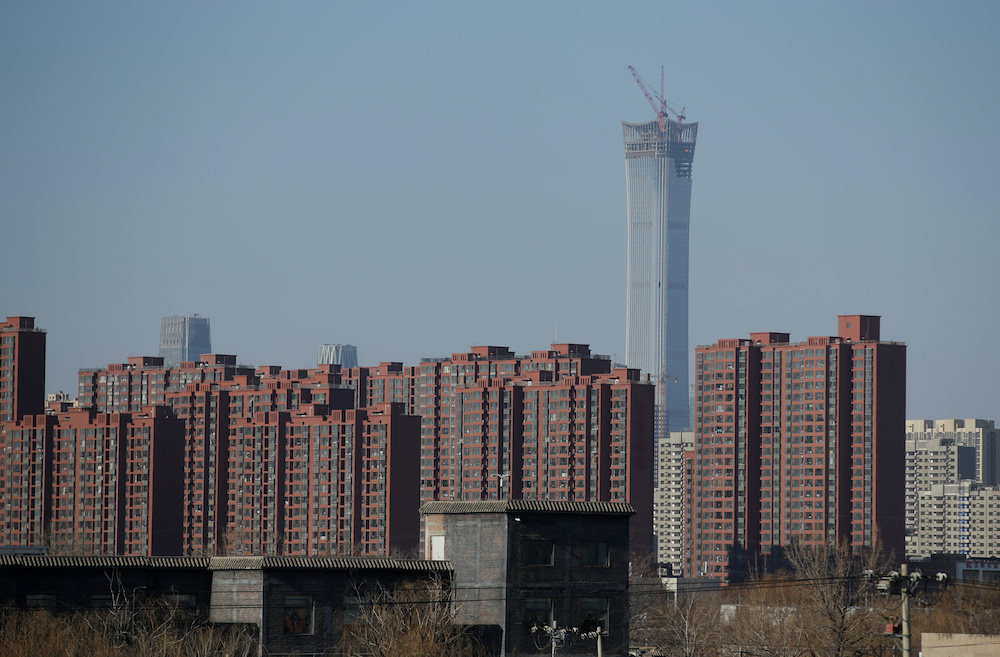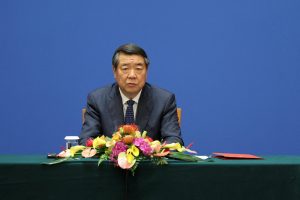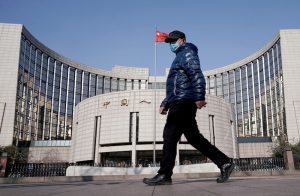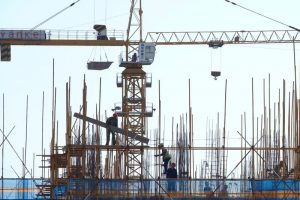Prices for new homes in China hardly budged in October – hit by weak demand in major cities and government policies designed to tighten lending and force real estate developers to shed their massive debts.
A private survey showed on Monday that new home prices in 100 cities rose 0.09% month-on-month.
The October figure was the slowest pace of growth since February 2020 – at the height of China’s Covid-19 crisis.
That was slower that the 0.14% increase in September, according to data from China Index Academy, one of the country’s largest independent real estate research firms.
Prices of resale homes fell 0.04% in October from a month earlier, the first decline since June 2020, due partly to government guidance limiting resale prices imposed in some cities including the southern tech hub of Shenzhen.
“The market has cooled notably since the third quarter of the year due to the tight credit environment and tightening of policies,” the academy’s research director Cao Jingjing said.
“In October, home buyers were in a wait-and-see mood.”
Some Cities Helping Developers
Some cities have taken steps to support developers and their projects as the deepening debt crisis at property giant China Evergrande Group rocked sentiment in the sector.
The northeastern city of Harbin said last month that developers should get back part of their pre-sale funds held in government escrow accounts as quickly as possible to relieve pressure on their cash flows.
Broader concerns about China’s real estate sector, which accounts for a quarter of gross domestic product when related industries are included, loom large for investors and Chinese policymakers.
Representatives from 10 Chinese property companies had met government regulators to ask for an “appropriate loosening” of policy restrictions, local media reported on October 15.
In October, new home prices grew the slowest in the biggest cities, with the first monthly decline seen in Shanghai since February this year, while Shenzhen prices fell for a second consecutive month.
“Expectations of easing credit policies have increased,” said Cao.
• Reuters with additional editing by Jim Pollard
























